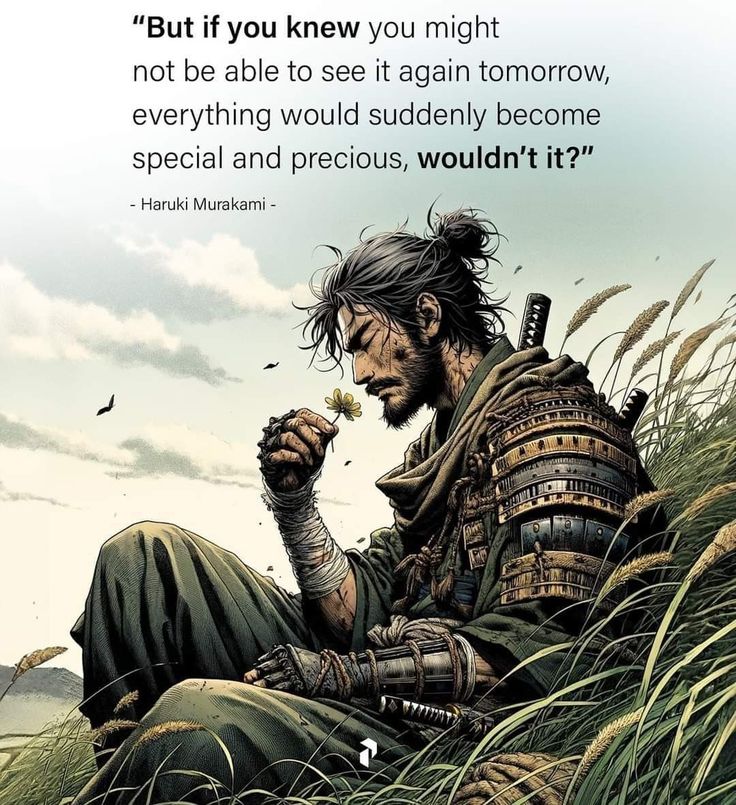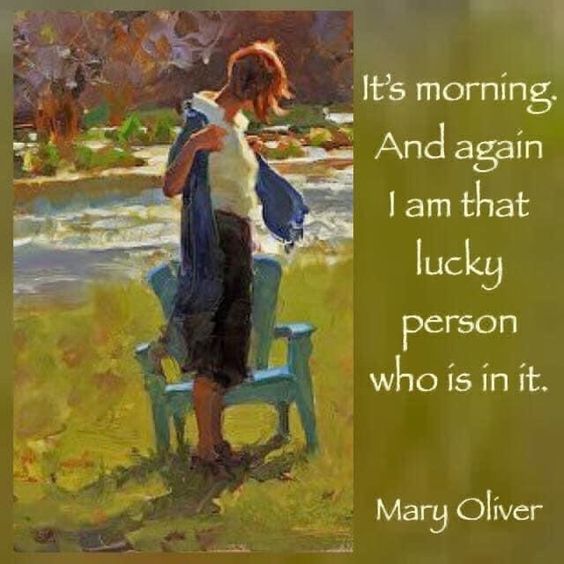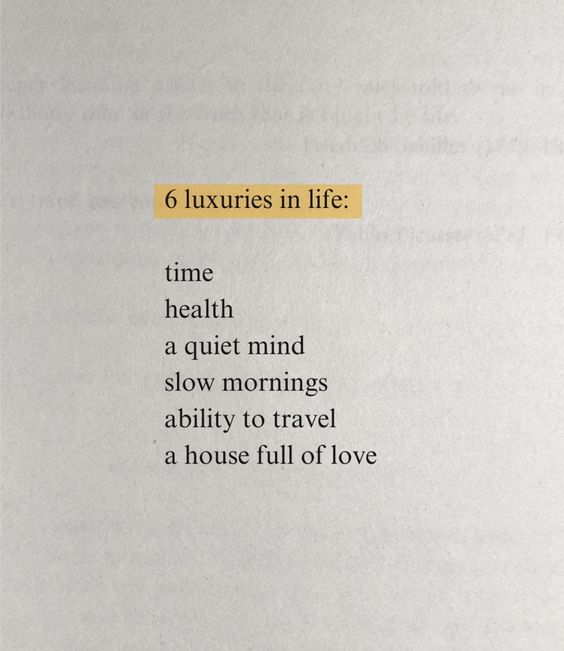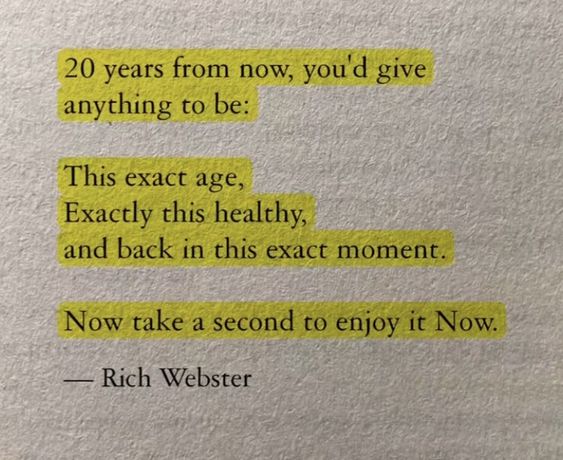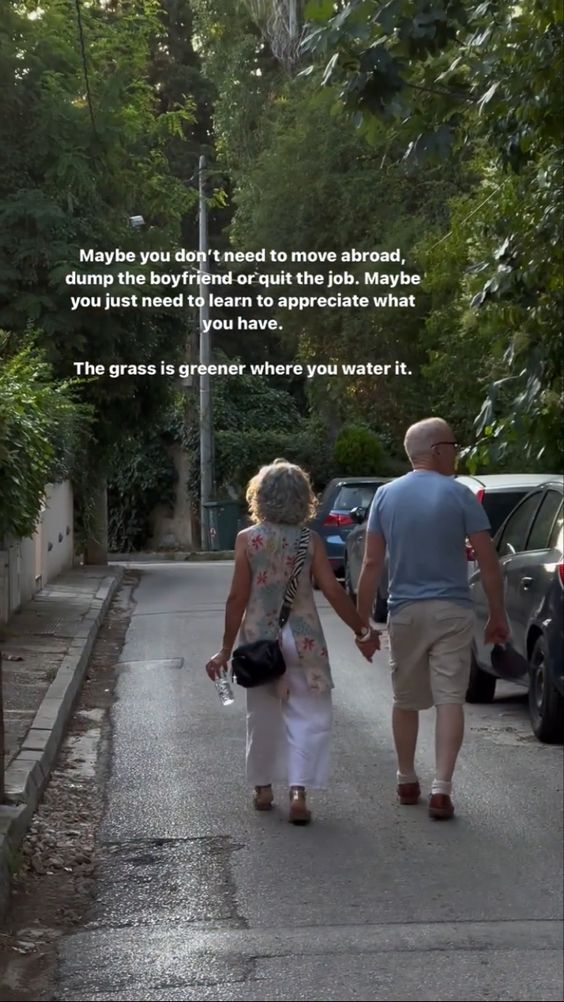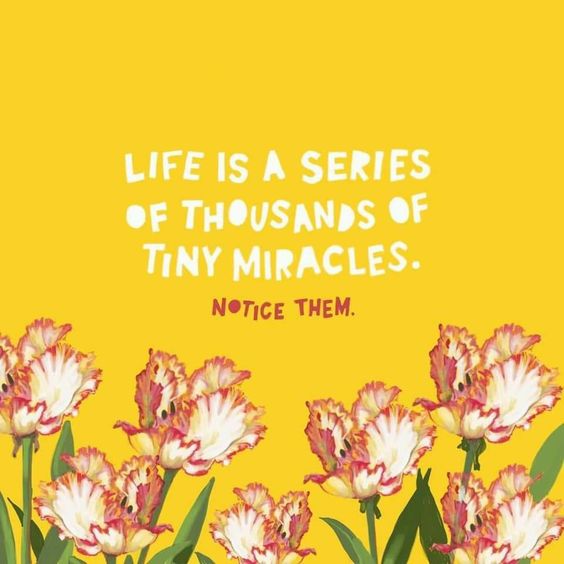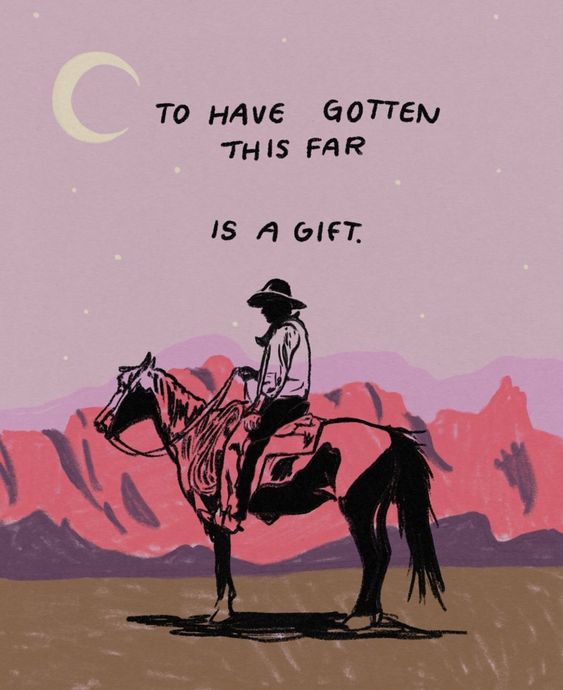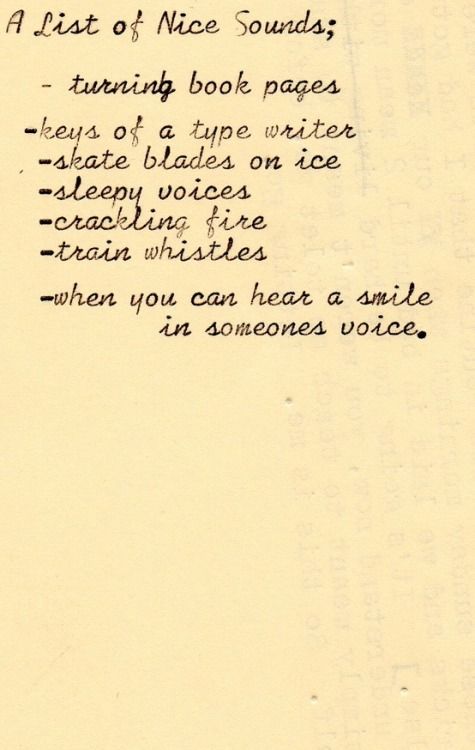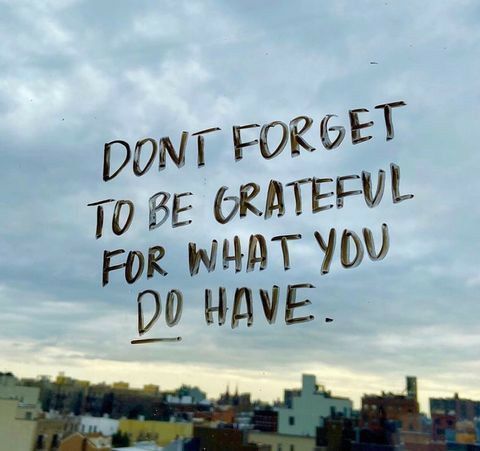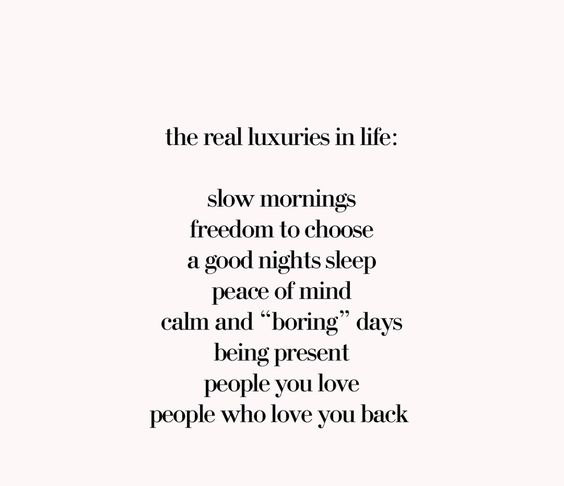“Modern marketing culture is designed to amplify our desires. To turn faint wants into desperate needs. As a result, we’re intimately familiar with what we want. And we strive to get it. The problem with getting what you want is that now you have a hole, because you don’t want that thing anymore, you have it. We then are on a cycle, eager to find a new thing to want. Which means that the thing you used to want but now have fades in comparison. There’s a more resilient path: To commit to wanting what you have.”
Seth Godin
“A parent who acknowledges the fragility of life understands that every moment with their child is a gift not to be wasted. A wise parent looks at the world, harsh as it is, and says, ‘I see what you’re capable of, what you might do to my family tomorrow, but today, you’ve spared us. I will not take that for granted.’ That is how we must live—not just with our children, but with our wealth, our health, the peace in our country, the clear skies above.”
Ryan Holiday
“That troublesome client—thank you, it’s helping me develop better boundaries. That traffic jam—thank you, it gave me time to call my wife and have a nice, meandering conversation. That rejection email—thank you, it forced me to reevaluate and improve my work. The political realities of our time–thank you, it’s a chance to test myself, to really stick to what I believe in. That loss—thank you, for reminding me of what truly matters in life.”
Ryan Holiday
“If, like many people, you tend to be vaguely unhappy much of the time, it can be very helpful to manufacture a feeling of gratitude by simply contemplating all the terrible things that have not happened to you, or to think of how many people would consider their prayers answered if they could only live as you are now. The mere fact that you have the leisure to read this book puts you in a very rarefied company. Many people on earth at this moment can’t even imagine the freedom that you currently take for granted.”
Sam Harris, Waking Up (Page 96)
“You slept on a slender pallet that night in Vegas. I was supposed to be sleeping next to you but I couldn’t because I was so happy. Your snores reminded me that you were alive. If you were alive and next to me, I had everything in the world I could ever want.”
Kiese Laymon, Heavy (Page 3)
“You pray in your distress and in your need; would that you might pray also in the fullness of your joy and in your days of abundance.
Kahlil Gibran, The Prophet (Page 64)
For what is prayer but the expansion of yourself into the living ether? And if it is for your comfort to pour your darkness into space, it is also for your delight to pour forth the dawning of your heart.”
“We can’t visit every place or meet every person or do every job, yet most of what we’d feel in any life is still available. We don’t have to play every game to know what winning feels like. We don’t have to hear every piece of music in the world to understand music. We don’t have to have tried every variety of grape from every vineyard to know the pleasure of wine. Love and laughter and fear and pain are universal currencies. We just have to close our eyes and savour the taste of the drink in front of us and listen to the song as it plays. We are as completely and utterly alive as we are in any other life and have access to the same emotional spectrum. We only need to be one person. We only need to feel one existence. We don’t have to do everything in order to be everything, because we are already infinite. While we are alive we always contain a future of multifarious possibility.”
Matt Haig, The Midnight Library (Page 277)

